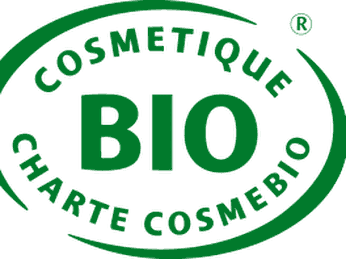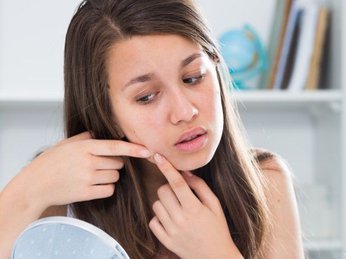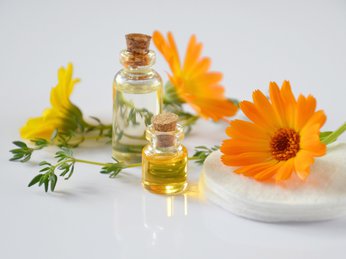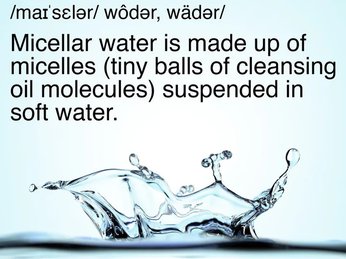Mind-body Therapies for Psoriasis
Psoriasis and stress are closely connected. Practices such as meditation, biofeedback, aromatherapy, and cognitive behavioral therapy can help you manage both.
he stress-psoriasis relationship can be cyclical. Stress often plays an important role in psoriasis by triggering flares and exacerbating symptoms. At the same time, a psoriasis flare can bring on stress and anxiety or make these emotions worse.
For this reason, managing stress can be an important aspect of managing psoriasis, according to Neil Korman, MD, PhD, director of the Murdough Family Center for Psoriasis at University Hospitals Cleveland Medical Center. He says mind-body practices may be a helpful addition to your psoriasis treatment plan.
These include meditation, biofeedback, aromatherapy, and cognitive behavioral therapy (CBT), which have the potential to help “reduce stress and better manage psoriasis,” Dr. Korman says. Here’s how.
Meditation: Quiet Your Mind to Relax Your Body
There are many ways to meditate, most of which have roots in ancient Eastern spiritual practices. Some techniques involve sitting in a quiet place and focusing on your breathing. Others meld meditation with physical movement, such as walking meditation and tai chi.
Mindfulness meditation, which emphasizes focusing on what you’re experiencing in the moment physically, mentally, and emotionally, with no judgment, can be especially effective. A review published in the Journal of Integrative and Complementary Medicine in January 2022 found mindfulness meditation moderately improved depression in young adults. And according to a meta-analysis published in January 2021 in the Journal of Affective Disorders, mindfulness meditation apps showed promise in improving well-being and mental health.
Other research has found meditation can help relieve stress and physical symptoms in people with chronic conditions. Similarly, a study published in Health Psychology Review in 2021 found meditation effectively lowered cortisol levels in people at risk of having elevated levels of this stress hormone.
There is also emerging science to back up the value of meditation as a way to help manage psoriasis specifically: One review published in April 2021 in the journal Medicina, for example, found people with psoriasis who meditated in conjunction with phototherapy treatment (exposure to artificial ultraviolet rays as a way to simulate sun exposure) improved faster than those who received phototherapy alone.
Biofeedback: Meditation Meets Technology
Biofeedback is a technology in which a therapist attaches electronic sensors to specific parts of the body. The sensors are able to measure blood pressure, heart rate, muscle tension, body temperature, and other physiological functions that change in response to stress. This allows you to receive in-the-moment feedback about how a stress-reduction practice such as deep breathing or muscle relaxation is working, so you can learn to use these tools more effectively.
Although plenty of research shows biofeedback can lower stress, such as a study published in May 2021 in Behaviour Research and Therapy, less is known about its direct impact on psoriasis.
There is some evidence, though, that it may be promising as part of a holistic approach to managing psoriasis. For example, a study of 40 participants found those receiving phototherapy had better results after eight weeks if they also used biofeedback and cognitive behavioral therapy.
Cognitive Behavioral Therapy: Counter Negative Thinking
Cognitive behavioral therapy, also known as CBT, involves exploring with a trained therapist how your thoughts, feelings, and behaviors interact. The goal of CBT is to reveal negative patterns of thinking that lead to stress and teach skills for changing those thought patterns.
Popularized in the 1970s, CBT has proved effective for reducing anxiety and depression and treating a number of mood disorders, according to the American Psychological Association. It also has been found to help ease stress and improve mental well-being and quality of life in people living with chronic conditions, including psoriasis, according to a study published in the Journal of Dermatological Treatment in September 2020.
Spa Therapy: Soak Away Stress and Soften Skin
According to the National Psoriasis Foundation, soaking in a mineral or salt bath can help treat psoriasis plaques. What’s more, a review published in the January/February 2021 issue of Dermatologic Therapy found soaking in a salt bath during phototherapy was more effective than phototherapy alone.
Combining a salt bath, known as balneotherapy, with phototherapy essentially mimics the Dead Sea experience of sunbathing and soaking in seawater, which is known to be beneficial to psoriatic skin.
You can tap into the stress-reducing benefits of spa therapy by adding Dead Sea or Epsom salts to a warm (not hot) bath at home. Limit your dip to 15 minutes, and rinse off quickly when you get out of the tub. Slather on moisturizer while your skin is still damp, as salt and minerals can dry the skin.
RELATED: Create Your Own Home Spa to Soothe Psoriasis
Aromatherapy: Breathe in Soothing Scents
Aromatherapy is a complementary and alternative medicine (CAM) practice in which essential oils derived from plants are used to bring about healing, promote relaxation, and improve overall well-being. The scents can be diffused into the air, applied by adding them to massage oil, or added to bathwater to enhance a soak in the tub.
However a scent is taken in, it’s thought to work by sending chemical messages to mood and emotion centers of the brain. There’s a fair amount of evidence it can work in any number of situations. For example, a review published in April 2021 in Clinical Obstetrics and Gynecology found certain scents relieved anxiety during pregnancy and childbirth. Especially effective were lavender, petitgrain (bitter orange), and bergamot.
It stands to reason these same oils might be calming for anyone experiencing stress, including someone with psoriasis. One word of caution: Putting essential oil directly on skin may be irritating or even trigger a flare. To be safe, talk to your doctor before using any oil in this way or stick with sniffing as a way to stick it to stress.
By Dennis Thompson JrMedically Reviewed by Ross Radusky, MD
Reviewed: May 24, 2022
Source: EverydayHealth









